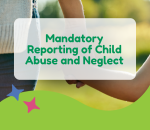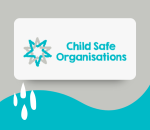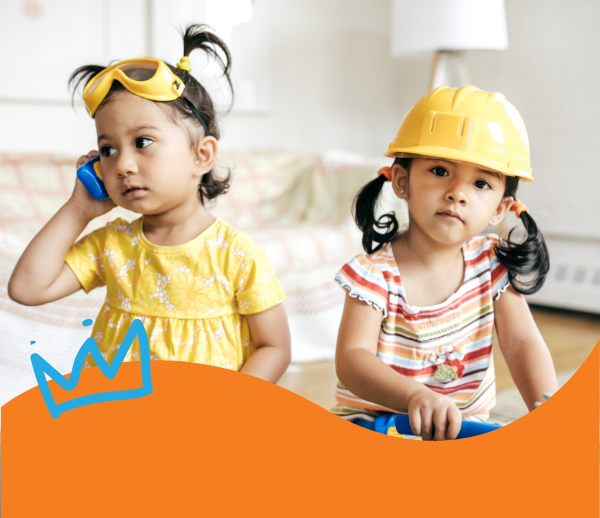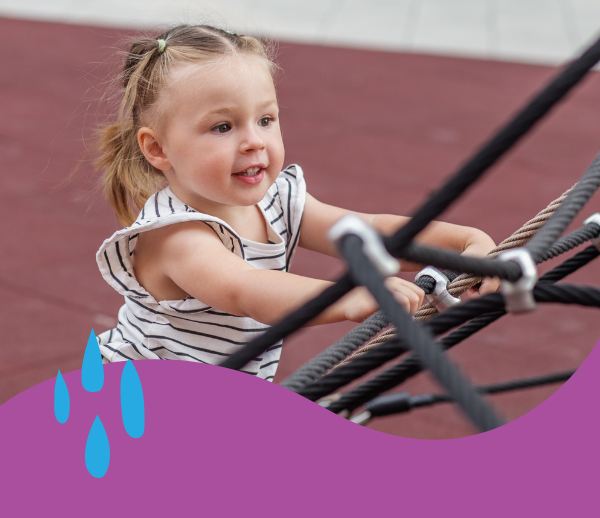Building Self-Confidence in Children – A Guide for Parents and Educators
Children who have confidence are more inclined to try new things and try again if they fail the first time. They may be more likely to cope with setbacks and feel proud about what they can achieve. As parents and educators, it is important that we show unconditional love and encouragement. We must also be
The importance of building self-confidence in young children
Children who have confidence are more inclined to try new things and try again if they fail the first time. They may be more likely to cope with setbacks and feel proud about what they can achieve. As parents and educators, it is important that we show unconditional love and encouragement. We must also be aware of and model our self-esteem.
Below are some ideas that can assist in building a child’s confidence.
Model your confidence
Having and showing confidence is not about being perfect. As educators and parents, we can show children how to approach new experiences and recover from setbacks. We need to be mindful about how we acknowledge and manage our anxiety when we try new things. Positive self-talk and a good attitude towards ‘having a go’ all contribute to modelling positive behaviour for children.
Allow children to fail
As adults, we know mistakes are part of being human, and children should be aware of them as soon as possible. Parents and educators should help children understand that trial and error is how we learn. While it feels natural to protect a child from failure, allowing it to happen helps children realise that failure is part of the journey and can encourage greater effort toward achieving goals.
Set them up for success
Providing challenges is positive and necessary for growth; however, ensuring they are age and developmentally appropriate is key to building confidence. Opportunities that allow children to experience the feeling of success build the confidence needed to take on more challenging activities. Educators and parents should choose activities children find enjoyable and interesting when building self-confidence to promote success.
Set goals and celebrate the wins (no matter how small)!
Creating appropriate goals for children gives them another opportunity to feel a sense of accomplishment. Goals can be small or large, and allowing children (if age-appropriate) to help set their goals gives a sense of ownership over their learning experience. Breaking the goals down into realistic benchmarks can assist in achievement and is an important life skill for children to learn. Taking this approach can help parents and educators validate children’s interests and promote the skills they need to attain their long-term goals throughout their lives.
Connecting Teams, Talent & Educators
Thank you for reading our latest blog. If you are a candidate, click to view our Permanent Jobs or explore our latest Temporary Opportunities.
If you are a client looking to find your next permanent or temporary staff member, Entrée Early Years can help. Hire or Book Early Childhood Staff today!







